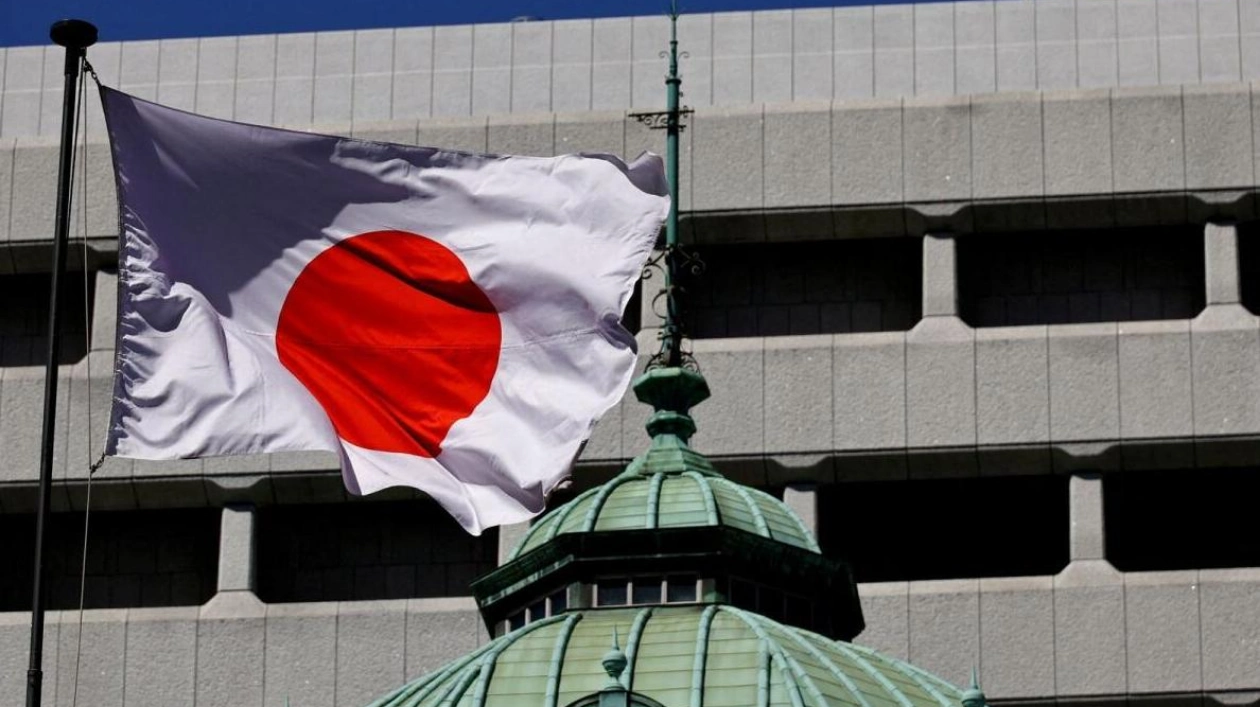The Bank of Japan (BOJ) has indicated that labor shortages are encouraging smaller companies to increase wages and pass on higher costs through price hikes, suggesting confidence in the country's progress towards sustainably reaching its 2% inflation target. This positive evaluation, outlined in a summary of discussions from the BOJ's regional branch managers' meeting, could strengthen the argument for the central bank to consider raising interest rates at its upcoming meeting on July 30-31.
According to the summary from the BOJ's quarterly meeting, 'many regions reported that large firms' significant wage increases in this year's wage negotiations are now affecting small and medium-sized companies.' This assessment contrasts with the previous meeting in April, where the BOJ noted 'hopeful signs' that solid wage increases among large companies would extend to smaller firms. Some smaller regional companies have chosen to prioritize wage increases to retain or attract workers, despite not generating enough profits to offset the higher costs.
The BOJ also noted that many regions are witnessing companies either passing on or considering passing on rising costs, especially in the services sector. Consumption was described as 'firm overall,' with strong spending by inbound tourists compensating for weaker household consumption due to rising living costs. The central bank's assessment of wage trends will be a crucial factor in its board's review during this month's policy meeting, influencing decisions on interest rates and new quarterly growth and inflation forecasts.
Earlier government data revealed that Japanese workers experienced a 2.5% increase in average base pay in May, marking the fastest growth in 31 years, with part-time workers seeing particularly robust gains.






